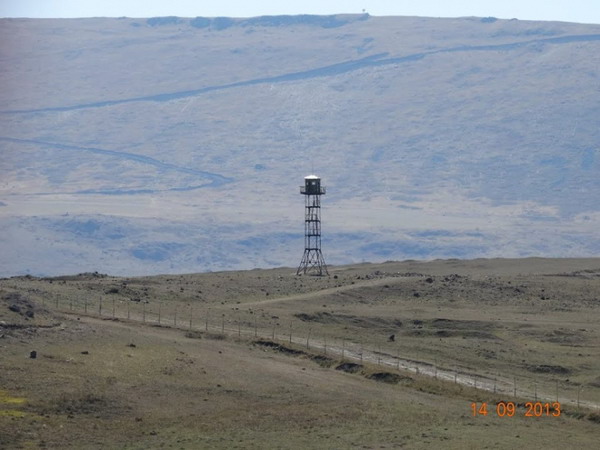A few years ago, when crossing the Italy-France border, we felt good that border as such does not exist, there is no need to stand in a queue as at the customs checkpoint then stand in line at the border guards’ station as we are doing on the Armenian-Georgian border, even without visas. But it turns out this a part of Europeans do not like this phenomenon that we do. Apart from the Englishmen, the Dutch also have sentiments outside the EU. “As a nation-state, we must have our own borders, our own courts,” – says Lawrence Stassen, a former deputy of the European Parliament, – and we must make our own decisions. We do not want our decisions to be taken in the Brussels or the European Union.”
It is clear why Holland want “their own borders.” For the migrants and refugees, possibly also the terrorists, do not go in and out by the European borders freely and transparently. (Although citizens of Holland living in this country for several generations and in no way different from the Europeans by their “outer behavior” may also be terrorists). Here too, everything is working by the principle of the pendulum: tolerant, “multicultural” approaches, which were considered effective and steadfast in the second half of the 20th century were reached their peak, sometimes by absurd manifestations. Now, under the influence of events in the Middle East, the pendulum goes back, and the nationalism and racism are in the opposite peak.
To gloat over this opposite movement of the pendulum, probably, is unnecessary. As well as to be over thrilled. The European Union, in my opinion, will not collapse, moreover, the rumors about the “decline of Europe” circulating for centuries (starting at least from ancient Rome) will never become true. Eventually, a fairly wide corridor will remain in-between the two extremes, in the range of “moderate tolerance-moderate nationalism”. In other words, Europeans will come to a common denomination that there is no need to have the foreigners and gentiles sitting on their heads, but there is also no need to exile all of them too.
Particularly, no need to be thrilled with the idea that allegedly “rotten European values must be replaced by our Armenian values.” It seems to me that the “most Armenian” in the situation of Armenia would be the free market economy, elected, transparent and controllable government and independent judiciary. They are universal and first of all, European values.
Read also
ARAM ABRAHAMYAN





















































